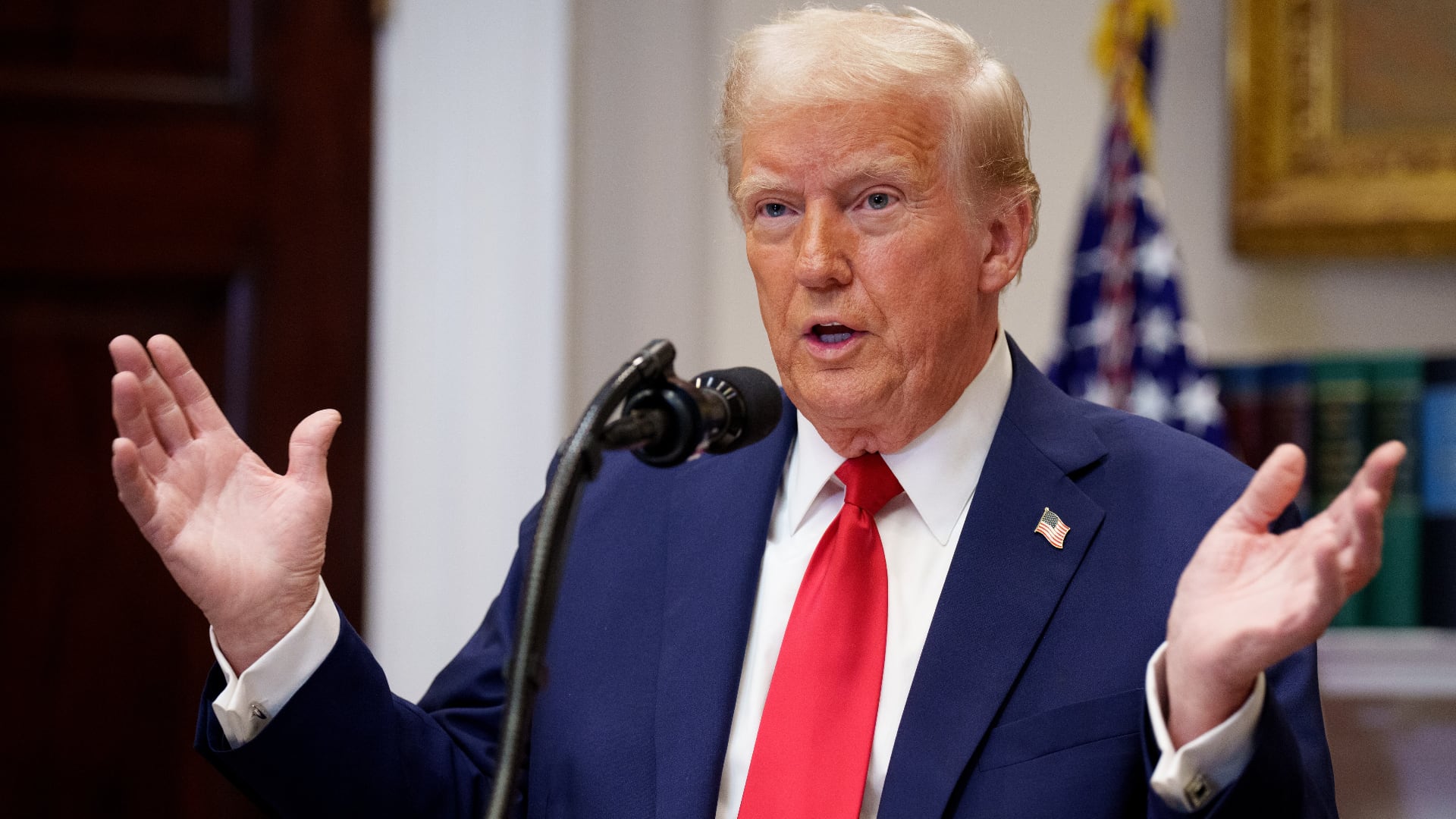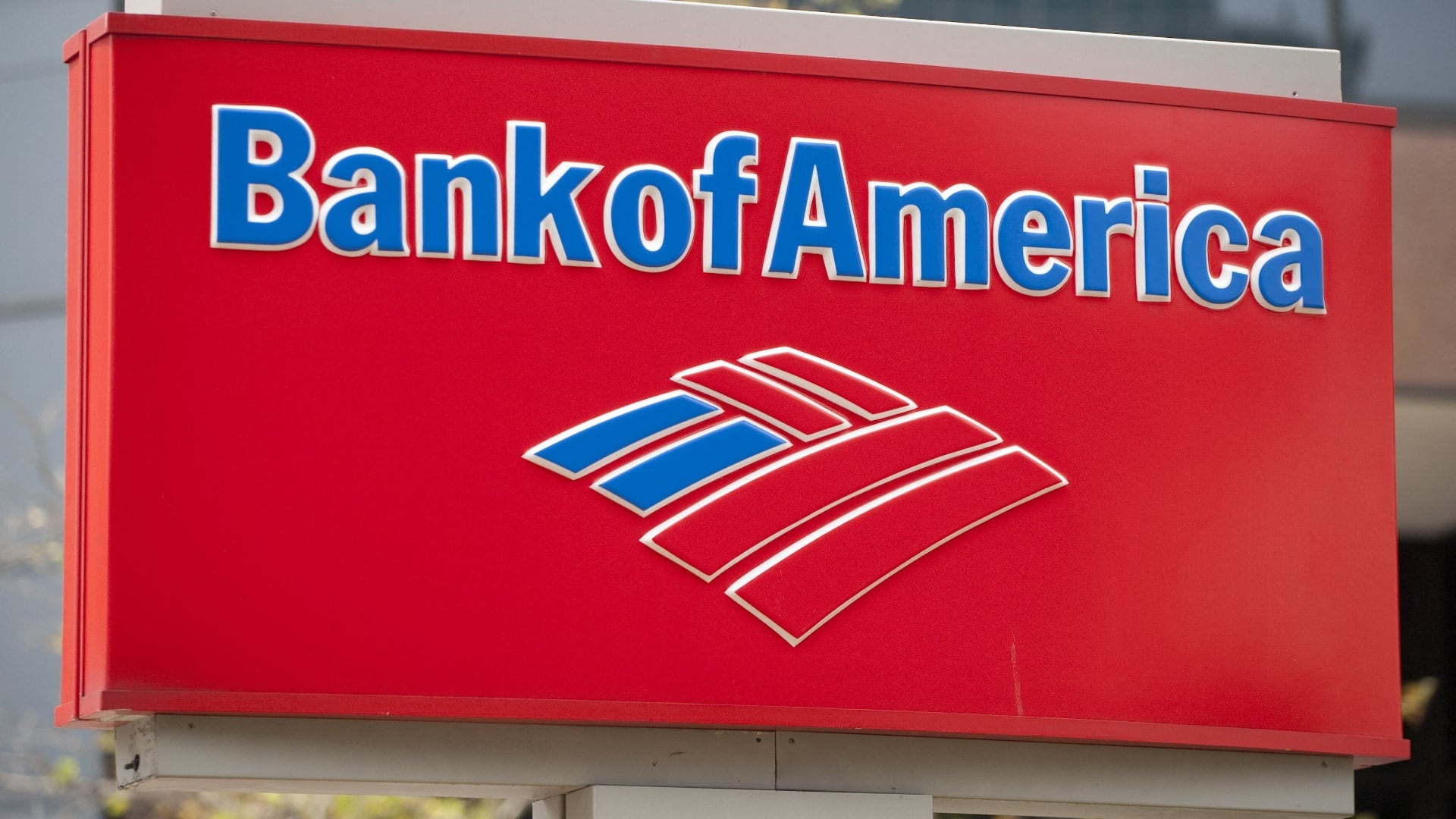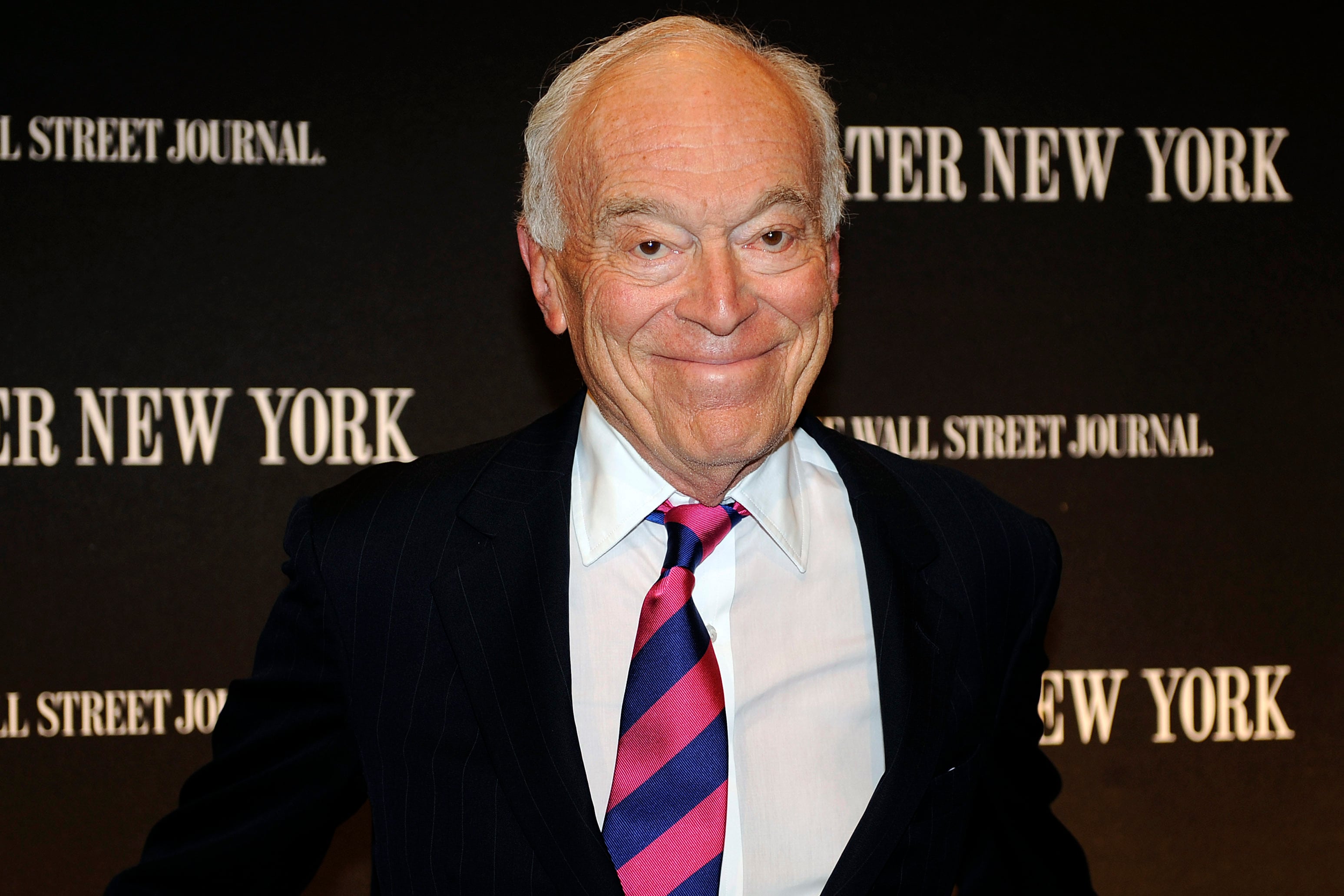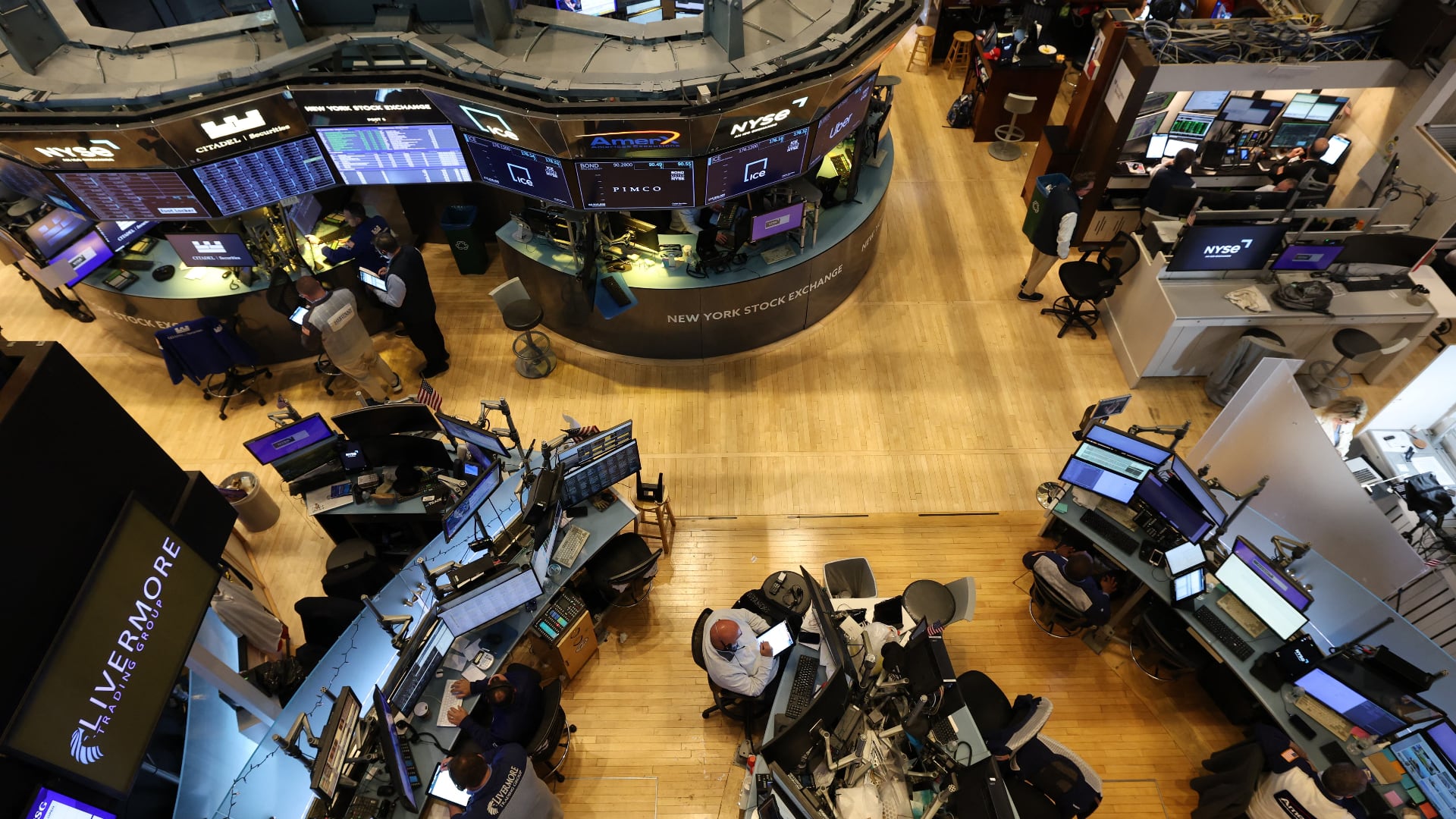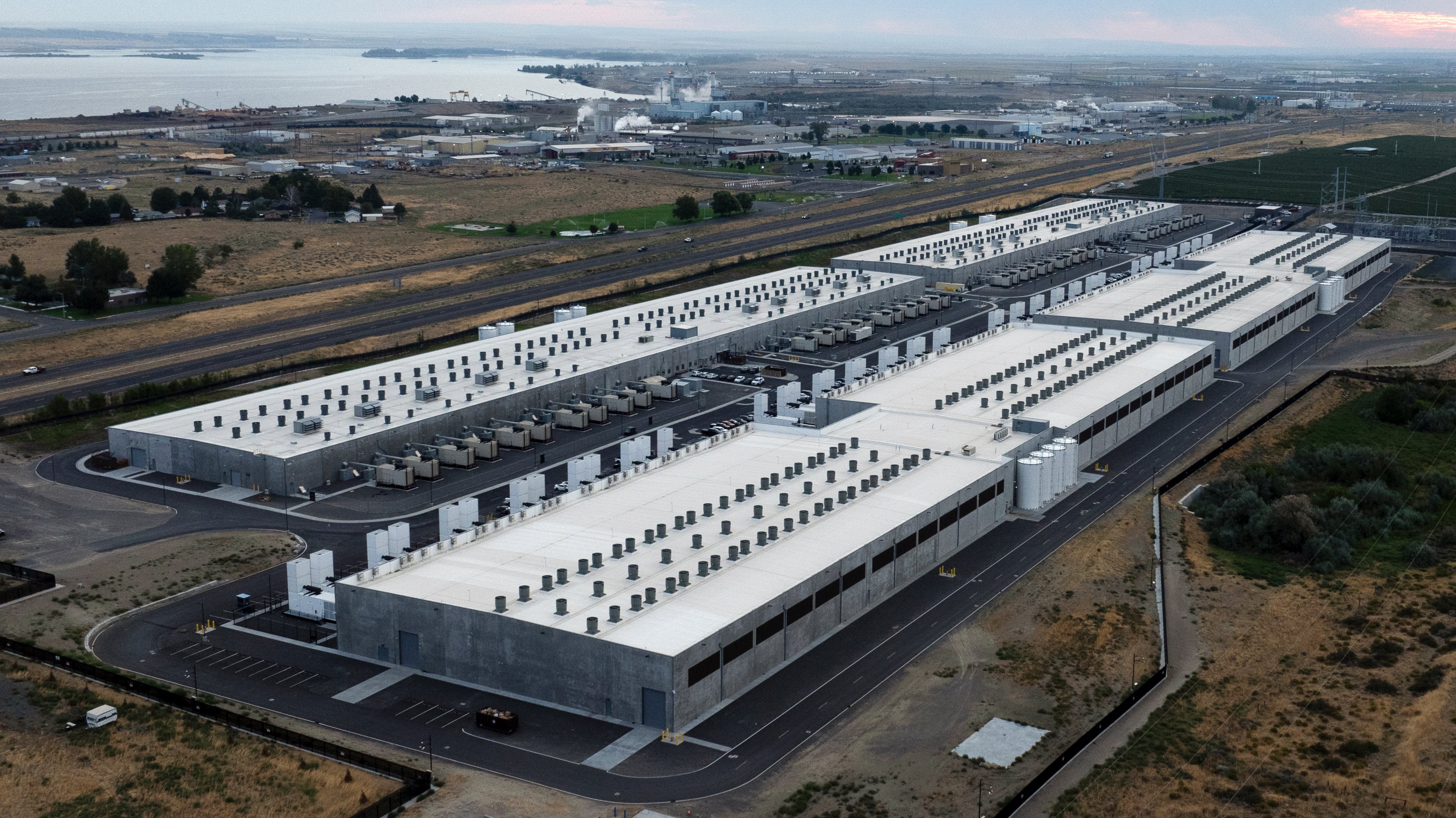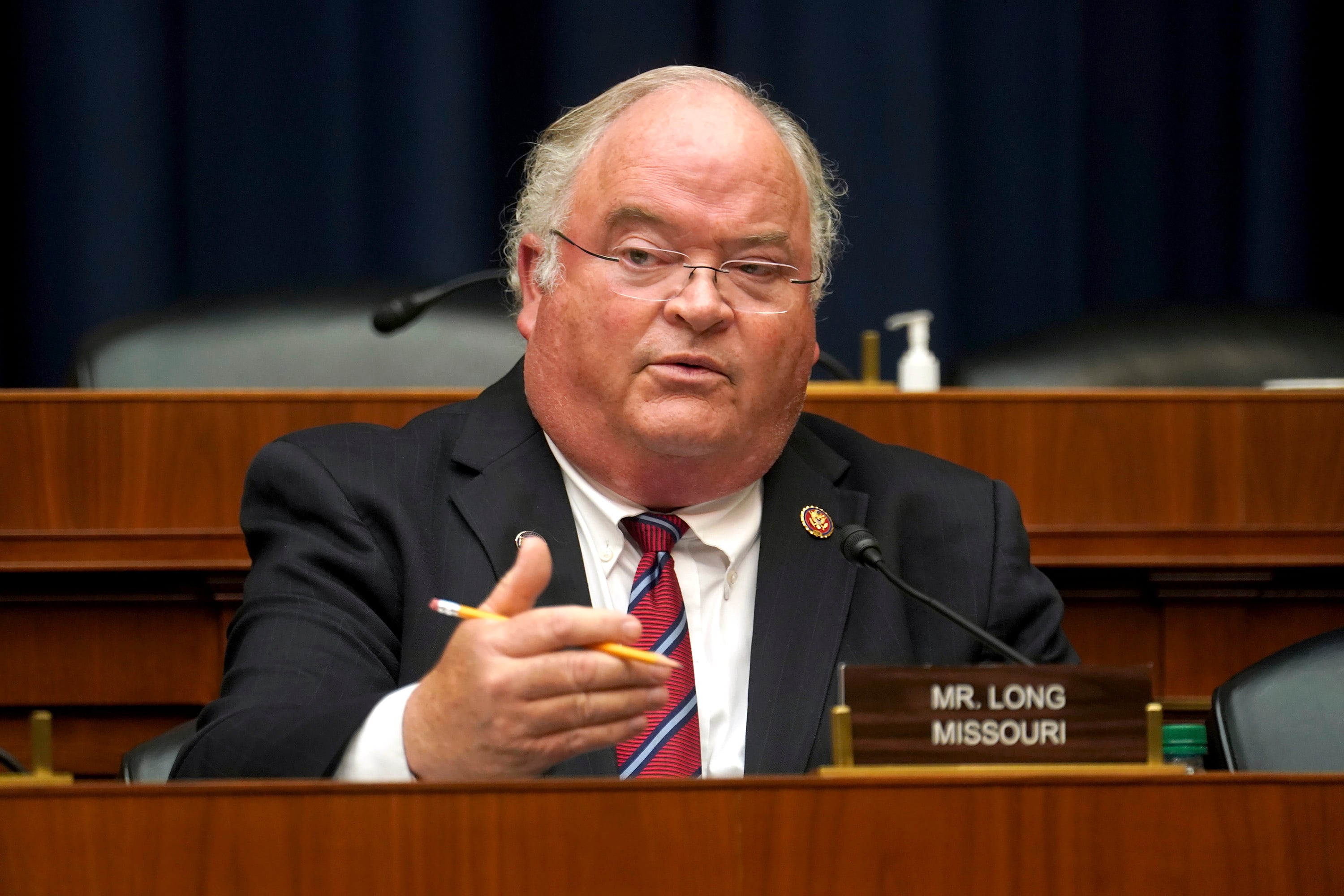ON24 ($ONTF), the webinar and virtual event platform, started trading on the New York Stock Exchange Wednesday afternoon at $77 per share — a 54 percent jump from the initial offering price and a sign that last year's hot IPO market is continuing into 2021.
The San Francisco-based company hosts virtual events for B2B engagement. It counts Reuters, SoftBank, GE, Bank of America, Nvidia, Morgan Stanley, and the NYSE itself, to name a few, among its biggest customers. The impact of coronavirus has fueled the adoption of the platform.
"The future is all about digital engagement," co-founder and CEO Sharat Sharan told Cheddar. "Companies have gone through 10 years of digital transformation in 10 months."
He touted his company's ability to help businesses convert prospects into buyers through digital engagement at a large scale. These virtual events then generate data, which ON24 converts into revenue, according to Sharan.
Looking beyond the pandemic, ON24 is banking on companies continuing to hold digital events even after the economy reopens.
Sharan said a number of customers have told him they will embrace a "hybrid" approach, "because the reach, the engagement, the data, and the personalization that this medium provides is something that the physical medium does not provide."
"Yes, the physical is going to come back, but I think you're looking at much more of a hybrid world going forward," he said.
The executive has pointed out, however, that the greatest competition may come from other providers of remote events, such as Zoom Video Communications.
Sharan said he projects the company's potential market is about $42 billion in size. The public offering will help ON24 grow to meet that demand. That includes investments in sales, marketing, and expansion into new markets such as Japan and Germany.
"We've got a lot of greenfield ahead of us," he said.
The stock was $70.82 per share at the close.

